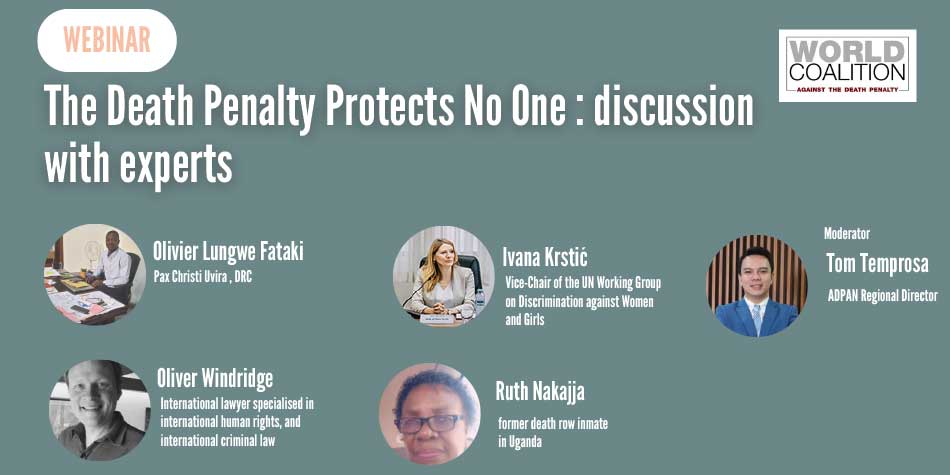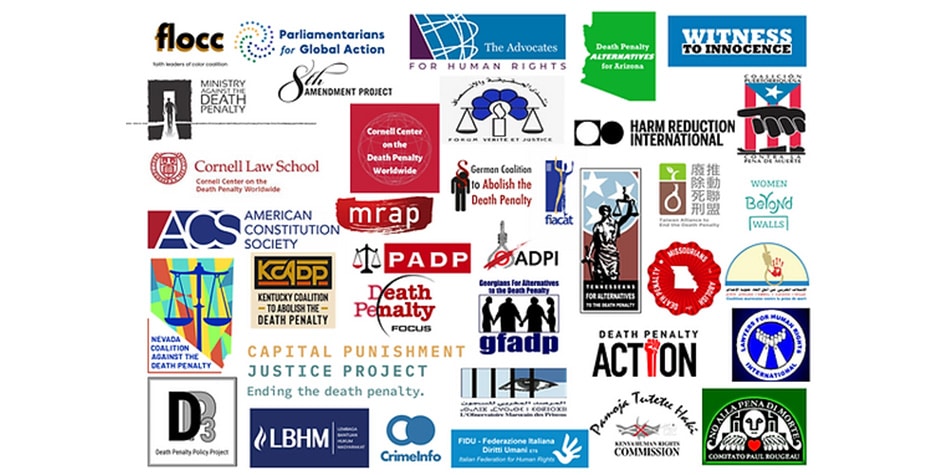Paris activists lie down against US federal executions
Advocacy
On 2 July 2009, members of ACAT-France and the French section of Amnesty International symbolically lied down on Place de la Concorde in Paris, a few steps away from the US embassy.
The protest was staged to display solidarity with US abolitionists and to commemorate the Supreme Court’s decision to reinstate the death penalty on 2 July 1976 after a four-year moratorium.
The demonstration received support from the World Coalition and many French-based anti-death penalty organizations* as well as exceptional backing from the Council of Europe.
Calling for a strong move from Eric Holder
ACAT-France and Amnesty International France called US Attorney General Eric Holder to make a strong move by declaring a moratorium on federal executions, thereby comforting the new face the American administration wants to show the world.
The organizations also asked him to support the federal abolition bill presented by Wisconsin Senator Russ Feingold.
While the US remains one of the five countries that carry out the largest number of executions in the world, the past few years have seen significant change. The number of death sentences is going down and some states have suspended executions.
This year, New Mexico abolished the death penalty and eight other states introduced similar bills.
More and more exonerations of death row inmates, visible instances of discrimination in the judicial system and studies into the prohibitive cost of the death penalty system in a crisis-stricken country have led many Americans to question the foundations of capital punishment – including some of its traditional supporters.
In 2000, as Assistant Attorney General, Eric Holder said he favoured a moratorium on federal executions. He was reacting to the publication of a report showing that ethnic minorities were largely over-represented in federal capital cases.
“I can’t help but be both personally and professionally disturbed by the numbers that we discuss today”, he said then.
In his new position as Attorney General, he has the power to request the death penalty against defendants accused of federal crimes, i.e. against the US government rather than a particular US state. The US President can pardon federal death row inmates.
“If you were not here, I would not be free today”
Paris activists staged their demands in a resolutely optimist way, showing the growing isolation of those states that still use the death penalty.
Former Florida death row inmate Joaquín José Martinez (photo), who was exonerated and freed in 2001, shared an emotional testimony. He highlighted the importance of international activism.
“This mobilization is the reason why I am free today and can speak in front of you”, he said. He added that is was crucial to support the growing number of people who are now questioning the death penalty in the US, from lawyers to judges, lawmakers and individuals.







